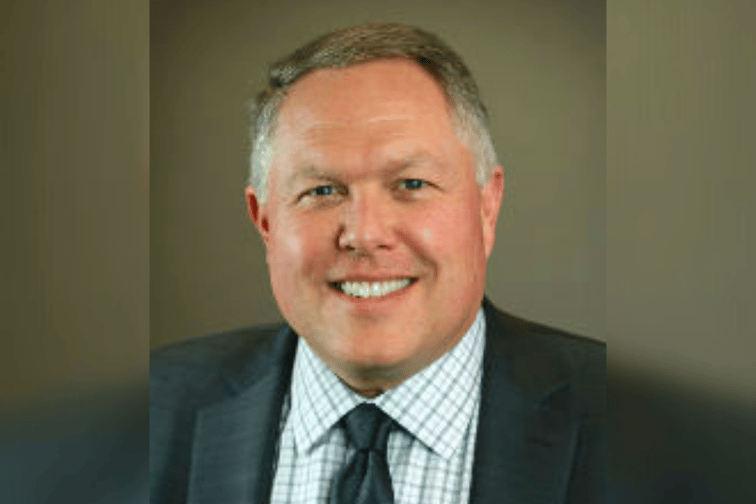

The COVID-19 pandemic has created severe headaches for state policymakers across the country. One area of contention has been the role that workers’ compensation insurance should play in helping workers infected with the coronavirus.
Traditionally, workers’ compensation coverage does not cover routine community-spread illnesses like a common cold or the flu because it cannot be proven that they were directly contracted in the workplace. However, COVID-19 has created a situation where some ‘essential’ occupations, like healthcare and first responders, are deemed at high risk of virus transmission in the workplace.
As such, 17 states have taken action to extend workers’ compensation coverage via presumption laws to include COVID-19 as a covered disease for certain workers. In most states, the presumptions only extend to healthcare workers and first responders, but some have taken executive action to provide coverage to other essential workers like grocery store employees.
The COVID-19 presumption laws have created challenges for both employers and workers’ compensation insurers, and, according to Mark Walls (pictured), VP of communications and strategic analysis at Safety National, they were introduced as a result of “misinformation” regarding COVID claims being accepted under workers’ compensation.
“In the first few months of the pandemic, healthcare workers and first responders had inadequate PPE. They were exposed to people with the virus, and, as a result, their workers’ compensation claims were paid,” said Walls. “However, what drove the creation of these presumption laws was misinformation that was spread, often by union groups, which said these workers’ claims weren’t being paid and presumptions were needed to ensure they were covered under workers’ compensation.
“The truth is that hundreds of thousands of COVID claims were covered across the country before the presumption laws took effect. The presumptions weren’t needed to ensure these people had access to workers’ compensation coverage.”
The challenge with presumption laws is that they change a fundamental rule of workers’ compensation, which is the burden of proof. The standard burden of proof in workers’ compensation is that an injured worker, in this case, would have to show that they contracted COVID in the workplace, and that they had a greater risk of doing so there than in the general public. The presumption flips that burden of proof by stating that the workplace poses greater risk of infection than the general public, and therefore it is presumed the worker contracted the virus at work. Instead of the employee having to prove the claim, it creates a situation where the employer and insurer have to disprove it, which is very difficult to do, especially given the relatively poor quality of the contact tracing system.
“What’s interesting is that the people who argued in favor of presumptions pointed to the fact that denial rates on COVID claims were higher than others, but when you look into the data and start digging into those denials, multiple trends become clear,” Walls told Insurance Business. “First of all, a lot of claimants didn’t actually have COVID. They were exposed to COVID and they had to quarantine, but they never actually had a COVID diagnosis. How is that eligible for workers’ compensation if the worker didn’t actually contract a disease in the workplace?
“That was behind a lot of the denials, and it begs the question: If most of the denied claims involved workers who didn’t actually have COVID, was there really a problem? And yet, the misinformation that was being spread was focused on: ‘Look at all the claims that are being denied. We need a presumption.’ They didn’t look at why the claims were being denied.”
The COVID presumption laws have caused concern among employers and the insurance community about how future disease outbreaks will be handled in the workplace.
“Arkansas recently passed a law which classified COVID as a named occupational disease, but it’s not an occupational disease,” Walls stressed. “An occupational disease is something that’s inherent to the workplace, like asbestosis or black lung. It’s a risk in the workplace that isn’t in the general public, and that’s clearly not the case with COVID. But by calling it a named occupational disease, many of us wonder if they’ve created a situation where all COVID is now presumed work-related.
“Furthermore, does this create the situation where future disease outbreaks are going to be pursued under workers’ compensation? That’s a question none of us know the answer to, but everyone fears. What happens in the next flu season? What happens if COVID is a forever thing? They’re already saying we’re going to need booster shots, so what if COVID becomes like the seasonal flu, and we’re going to have to get updated COVID shots every year just like updated flu shots? Is that still covered under workers’ compensation? There’s a lot of concern that we’ve really opened the door to future communicable disease outbreaks being covered under workers’ compensation, and it was really never designed for that.”
